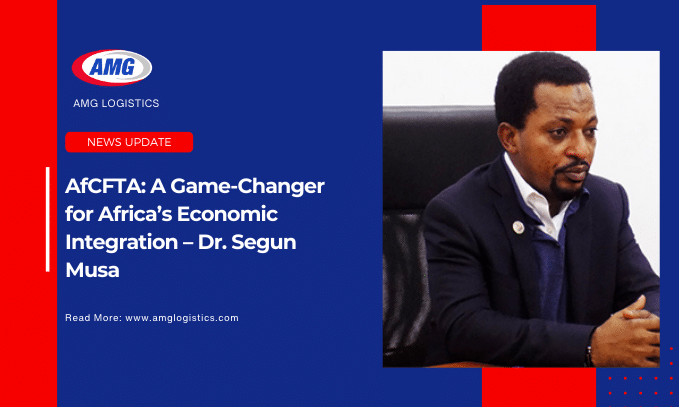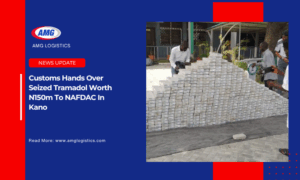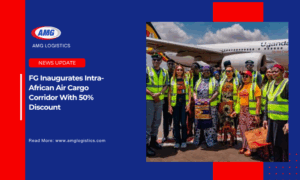The Deputy President of Air and Logistics at the National Association of Government Approved Freight Forwarders (NAGAFF), Dr. Segun Musa, has highlighted the significant role that the African Continental Free Trade Agreement (AfCFTA) plays in advancing regional and continental integration
He spoke during a roundtable discussion with members of the Maritime Reporters Association of Nigeria (MARAN) in Apapa, Lagos, on Tuesday.
In his remarks, Dr. Musa pointed out that while the Common External Tariff (CET) promotes regional trade integration within the Economic Community of West African States (ECOWAS), AfCFTA stands as a broader, more encompassing initiative aimed at facilitating economic unity across Africa.
He noted that while the CET primarily focuses on intra-regional trade, AfCFTA extends beyond trade, fostering cooperation in multiple sectors including tourism, culture, and other industries.
Musa further drew a comparison between the two agreements, emphasizing that AfCFTA offers more comprehensive benefits by allowing African countries to complement each other’s strengths. “While CET allows you to open your borders within ECOWAS states, AfCFTA opens the whole of Africa’s borders. Beyond trade, it integrates culture, tourism, and various other sectors, allowing us to share ideas and leverage our strengths,” he explained.
He cited the example of South Africa’s industrial capacity, where Zimbabwe or Zambia could provide raw materials for production, with assembly and engine manufacturing taking place in South Africa.
This approach, according to Musa, could transform Africa’s economic landscape by promoting intra-continental trade and development.
He stressed that AfCFTA is more than a trade agreement; it embodies the spirit of collaboration where African countries share resources and expertise to build a stronger continental economy.
“The world’s resources are not evenly distributed, which is why we must depend on each other. If one country has raw materials but lacks industrial capacity, another country can industrialize and both benefit from mutual exchange,” he noted.
He further explained that AfCFTA promotes the equitable distribution of wealth across the continent, as no country loses in the agreement. “It’s a win-win game,” he added, emphasizing that whether countries contribute services, raw materials, or industrial capacity, all nations involved stand to gain economically.
Musa also stressed the urgent need for the government to create an enabling environment that supports indigenous shipping operators.
He urged for a stronger collaboration between the private sector and government, pointing out that financial institutions are hesitant to finance vessel purchases without support from CBFF.
He outlined the potential for growth in the maritime sector if funds are made available and urged all stakeholders to prioritize the development of indigenous capacity, which would, in turn, bolster the entire maritime industry.
By creating opportunities for shipowners to access funding and upgrade their fleets,
Dr. Musa believes Nigeria’s maritime sector could significantly contribute to the nation’s economic development.





